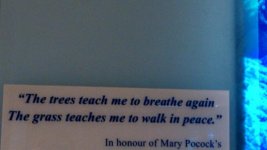“Those seeking to escape from suffering hasten right toward their own misery. And with the very desire for happiness, out of delusion they destroy their own well-being as if it were their enemy”
~ Shantideva (7th century Indian Buddhist)
~ Shantideva (7th century Indian Buddhist)

